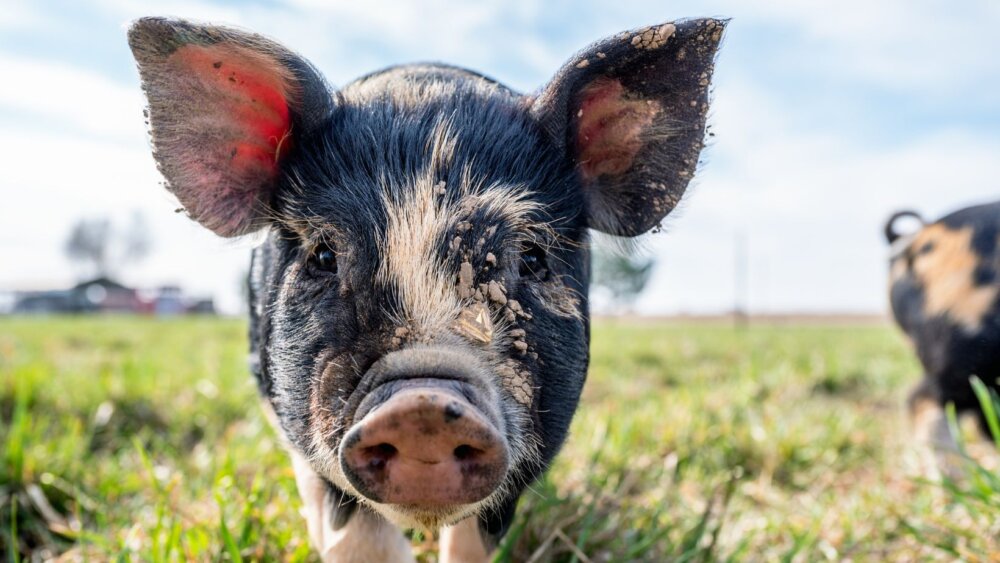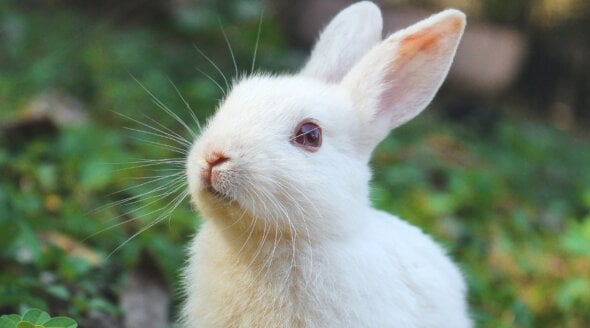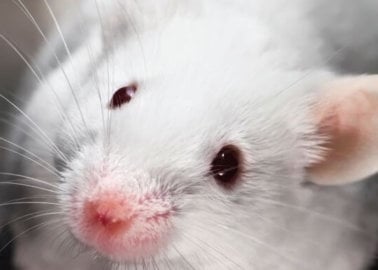Good News! The European Respiratory Society Ends Live Animal Use After PETA US Push
Great news for piglets! After discussions with PETA US, the influential European Respiratory Society has committed to ending its use of live animals in all of its medical training programmes, sparing countless piglets from suffering invasive procedures. The international society is the largest scientific and clinical organisation in respiratory medicine in Europe and is made up of more than 35,000 clinicians, scientists, and healthcare professionals from more than 160 countries. This move is a monumental leap forward for sound, human-relevant science.
PETA US first contacted the organisation in 2019, urging it to leave pigs and sheep off the operating table and instead use superior, human-relevant models and simulators. It initially declined, but PETA US did not give up.
PETA US got straight to work arranging meetings, preparing scientific briefings on modern, non-animal alternatives, and repeatedly pointing out the myriad problems with using live animals in bronchoscopy and thoracoscopy medical training.
This work paid off in spades and the European Respiratory Society just confirmed that it is “committed to finding alternatives to live animals in our skills training and aim to transition by the end of 2025.”
Additionally, the society also confirmed that some current courses the society offers use “airway models,” which are 100 percent animal-free, while future courses “will not include training on live or sedated animals.”
“We can confirm that any new skills course that we develop will not include training on live or sedated animals. Our ongoing courses have confirmed that they will stop using animals by the end of 2025. All courses but one have already made the transition to other models/simulators. We are committed to finding alternatives to live animals in our skills training and aim to transition by the end of 2025.” – European Respiratory Society
Animals used in bronchoscopy training courses are typically subjected to an array of invasive procedures, including having tubes inserted into the mouths and airways of piglets, and tissue samples removed from their lungs.
In thoracoscopy training courses, animals’ chests are cut into so participants can poke around their bodies with tools.
Animals in Laboratories Need Your Help
Animals are not stand-ins for humans. It’s time to move away from cruel experiments on animals and embrace more effective, non-animal technology.
Please help us achieve this by supporting PETA’s Research Modernisation Deal and urging the government to commit to phasing out all experiments on animals:





